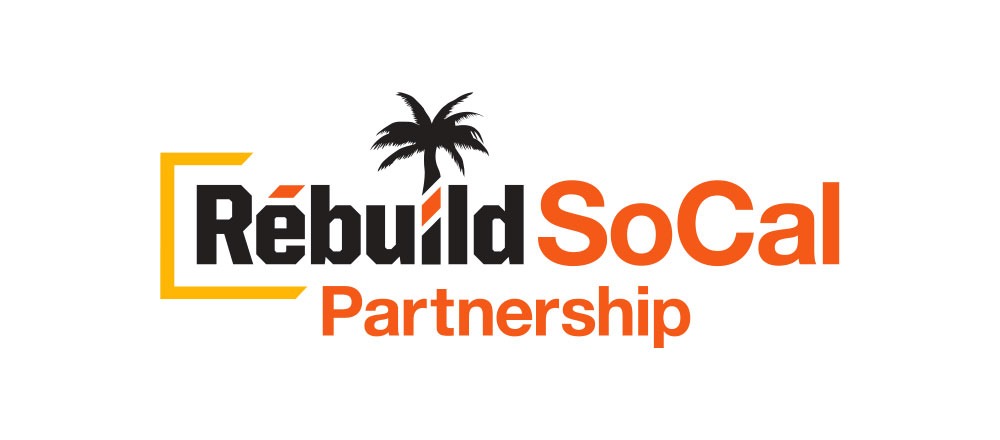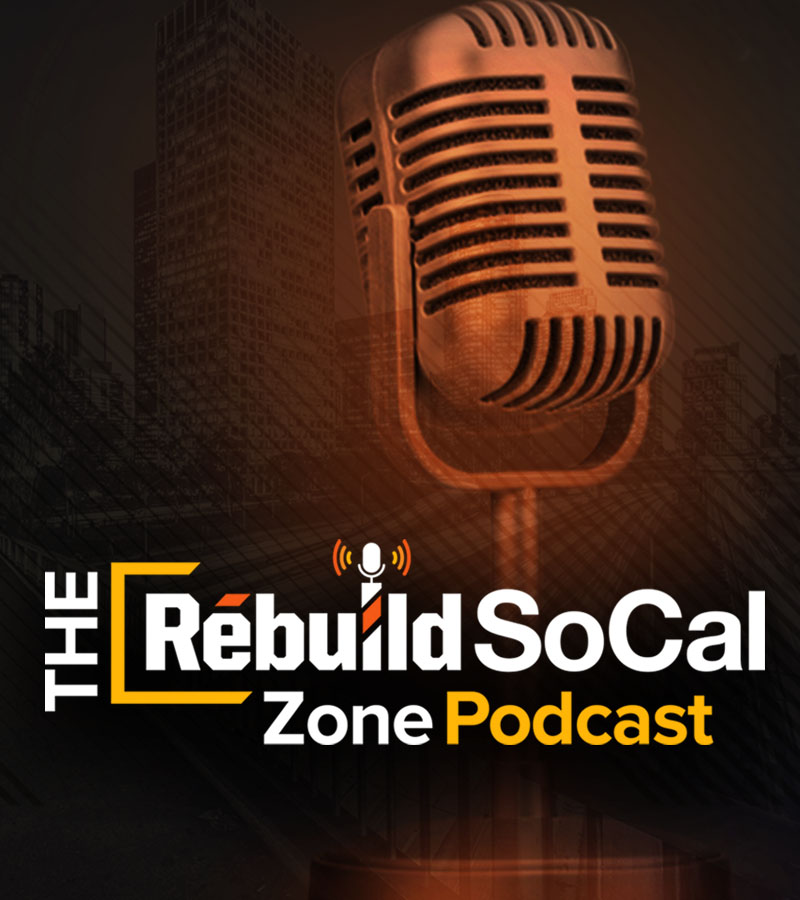For Immediate Release
December 4, 2021
One day after the California State Water Project announced it would deliver no water to desperate California communities, political appointees in President Biden’s Department of the Interior asked a federal judge to undo existing permits for a retired natural gas pipeline that could be converted to water conveyance and bring much-needed water to drought-stricken California towns.
“What has to happen for the federal government to understand how dire the situation is for thousands of people who don’t have access to clean, safe drinking water?” Jon Switalski, Executive Director of Rebuild SoCal Partnership said. “How many wells have to go dry? How many towns have to have bottled water trucked in?” How many children have to be exposed to toxic chemicals from their faucet before the federal government thinks it’s important enough to take action?”
Rebuild and other community groups in California have called, written and emailed the Department of the Interior and the Bureau of Land Management multiple times over the last four months seeking an opportunity to discuss the urgent need for quick action on an innovative project being proposed by California natural resources company Cadiz Inc. that would permit a retired fossil fuel pipeline to be converted to carry water supplies to desperate communities in the State. Based on the Court filing, it appears we were ignored.
This pipeline conversion project began under the Obama administration. For five years through previous administrations, the Department of Interior had an open door. Rebuild strongly supported BLM in approving this innovative project to repurpose fossil fuel infrastructure to transport clean, reliable water. For the current Administration to now say ‘slow down’ – is troubling for the disadvantaged and underserved communities facing severe water shortages, and to the thousands of working men and women who have already waited and stood with the President in his call for urgent action on his infrastructure plan.
“Just as President Biden announced that the first wave of funds from the recently passed bipartisan infrastructure package is being distributed to states in need of water infrastructure repairs and upgrades, his Department of the Interior has asked a Federal Court to unwind permits for an innovative water infrastructure project that could quickly transport water supplies to rural small and disadvantaged communities. These are the same communities that for decades have suffered from underinvestment in safe, reliable water supplies,” said Dave Sorem, P.E., Past Chairman of Rebuild.
The pipeline stretches 220 miles across inland Central and Southern California and could service water to dozens of state’s disadvantaged communities.
As bluntly stated by MSNBC columnist Ja’han Jones recently, “the success of Biden’s infrastructure plans will be judged by their ability to help remedy decades of racist infrastructure inequality…”.
In a letter sent to governors Thursday, EPA Secretary Michael Regan encouraged states “to maximize the potential to remove barriers and prioritize the distribution of grant funds to disadvantaged communities. It is a top priority for the EPA to ensure communities that have historically struggled to access … funding are prioritized,” he wrote.
“Saying the Administration wants to remove barriers for disadvantaged communities to access funds for clean water infrastructure, while at the very same time erecting yet another barrier to accessing clean water infrastructure for California’s most vulnerable communities is concerning and inconsistent,” said Jose Barrera, State Director of League of United Latin American Citizens California. “It is our hope that this fumble on clean water, climate change and racial inequality is temporary and not cause for great concern.”
Rebuild is working with other organizations that share these concerns such as LULAC California, Association of Mutual Water Companies, San Gabriel Valley Coalition for a Secure Water Future, Laborers International Union of North America (LiUNA), International Union of Operating Engineers, Groundswell and other organizations representing disadvantaged communities in fighting for access to water supplies that are safe, affordable, reliable and climate resilient. As explained in numerous letters from our water justice coalition partners that can be found here, disadvantaged communities are in a water crisis: they need more water access, not more hollow words.

